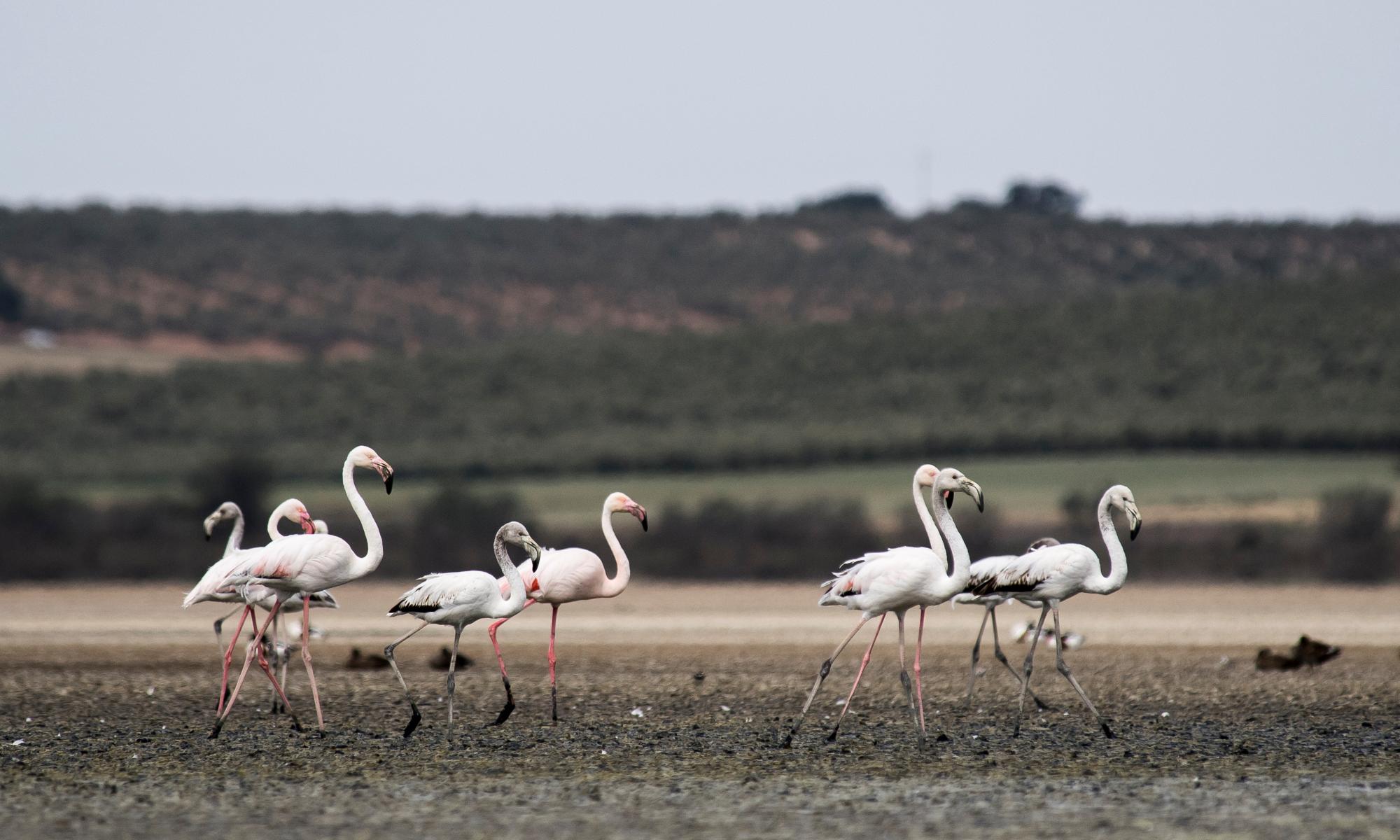Sea levels are rising and climate fires are burning. Unless the world acts urgently to combat the climate crisis, it will be too late to do anything other than shuffle around the deckchairs on the Titanic.
So says the World Economic Forum, the body that organises the global elite’s annual shindig in the Swiss ski resort of Davos. Each year the WEF asks experts what are likely to be the greatest threats over the next decade; this year, for the first time, the top five risks all related to the environment.
Let’s park the cynicism for a minute. Yes, to be sure, there’s something nauseating about billionaires flying in from around the planet in their private jets to tell the rest of us we need to do more to reduce our carbon footprint. That said, the WEF report suggests it is a dangerous fallacy to assume that new ways of doing things can be phased in slowly over the next 20 or 30 years.
"html":"The incentives to put off action for another day are strong. Governments in democracies have regular elections to fight","attribution":""
Yet the political incentives to put off action for another day are strong. Governments in democracies have regular elections to fight, and they have seen what happened to Emmanuel Macron’s popularity after his attempt to raise fuel duty prompted the yellow vest protests.
In Britain there are pressures on ministers to agree measures to boost growth that would be counter-productive from a climate emergency perspective. The battle to save the airline Flybe from collapse and the looming decision over the high-speed rail line HS2 illustrate the dilemma for a government that claims to want to tackle climate change and Britain’s glaring regional economic imbalances.
If ministers had decided not to support Flybe earlier this week, Europe’s biggest regional airline would have seen planes grounded and 2,000 jobs put at risk. The chancellor, Sajid Javid, has said he will consider scrapping air passenger duty (APT) on domestic flights as part of his March budget.
Would tossing this particular lifeline to Flybe allow Boris Johnson to escape the charge that he is a southern toff who is not remotely serious about levelling up the regions? Yes, it would. Would it be consistent with the aim of tackling the climate emergency? Not remotely.
The best tax systems are those that penalise things a country wants less of while encouraging things it wants more of. Scrapping APT would do the opposite: indeed it would be both environmentally damaging and regressive, since it is the better-off – on average – who fly intercity in the UK.
APT is not the world’s best-designed green tax, but at least it recognises that there are hidden costs to air travel, and that those doing the polluting should pay. Scrapping the £13 charge on domestic flights would, according to the basic laws of economics, encourage more people to fly. On the other hand, allowing Flybe to go to the wall would hack off a lot of voters, many of whom have just broken the habit of a lifetime and voted Tory.
One alternative to flying is to take the train, yet the decision over whether to give approval to the high-speed link between London and the north of England presents another tough choice.
Until now, the case against HS2 has primarily been about its cost to the taxpayer, and there is certainly reason to be worried on this score: the costs have spiralled since it was first mooted. An initial £34bn price tag now stands at £88bn, according to the latest estimate. At the outset, taxpayers were supposed to get £2.30 back in economic benefits for every £1 spent. That is now down to between £1.30 and £1.50 for every pound invested, a figure that relies on no further cost rise and much higher train frequency than on other high-speed lines – both heroic assumptions.
But HS2 also has an environmental cost. A detailed report into its impact on wildlife says it will irreparably damage five internationally protected sites, almost 700 local wildlife sites, more than 100 ancient woodlands and 33 legally protected sites of special scientific interest. An HS2 spokesperson says the data is not new, and that the line will provide a cleaner and greener way to travel. But, increasingly, HS2 looks an enormously expensive way of adding some extra capacity to the rail network.
Critics say there are less environmentally damaging and cheaper alternatives that would generate greater economic benefits to the UK in general and the regions in particular. They are right, and it is really quite scandalous that there has not been more careful consideration of whether the cash for the project (which will almost certainly end up costing more than £100bn) could be better spent. Ministers will probably give it the go-ahead anyway. Johnson has been something of an HS2 sceptic, but does he want his first big post-election domestic decision to be the abandonment of a project supported by Labour councils in the north, especially given that a third runway at Heathrow is going ahead? It would seem that, once again, infrastructure spending was being concentrated in the prosperous part of the country. The political optics would not be good.
In their different ways, the cases of Flybe and HS2 tell us much about modern Britain. When it comes to making decisions, the short term triumphs over the long term every time, especially when a powerful corporate lobby gets to work. Ministers say they see no contradiction between a growing economy and protecting the environment, and proudly boast that they are pledged to make Britain a net zero-carbon economy.
But that happy day is not planned to arrive until 2050. If the rest of the world follows Britain’s example, that will be a couple of decades too late.
• Larry Elliott is the Guardian’s economics editor


